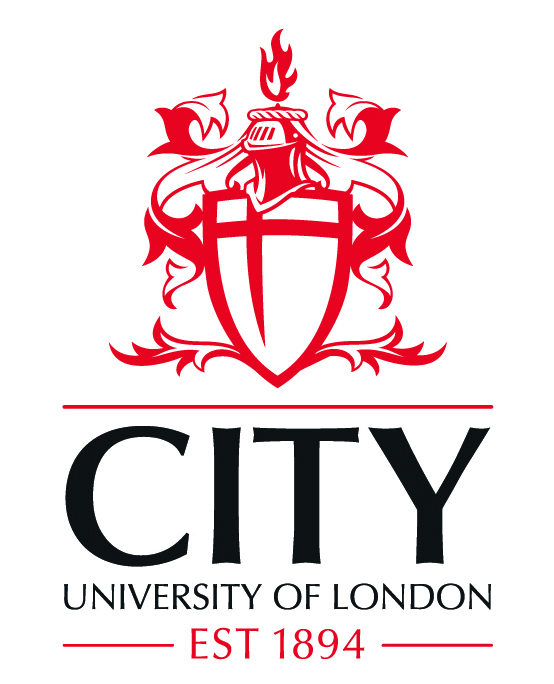Will humans ever get to walk on Mars? How would you get there? What would the impact be on the body? What type of computing equipment would we need to measure and analyse the data? Join us on this three-day virtual course, where leading academics from City, University of London will introduce you to the following three key disciplines – Aeronautical Engineering, Biomedical Engineering and Computer Science in the year 2050. This course is for Year 10 in England and Wales, S4 Scotland and Year 11 Northern Ireland.
‘I really liked the atmosphere and how most of the other participants were in the same mindset – they wanted to learn new things and discuss quantum physics. I was also really happy to see lots of other females on the course...’ Human Habitat on Mars 2023 Female Course Student
When
28 Aug - 30 Aug 2024
Start time: 09:30 hrs
Finish time: 15:30 hrs
Where
Virtual

What
Students will be exposed to rocket technology, the impact of Mars on the human body and understanding the potential power of Quantum computing.
In 2050, Space technology is booming and many engineering jobs are linked to space exploration, research or exploitation. However, the technologies enabling access to space, aka modern rockets, will not change much. Monitoring of vital signs such as heart rate, blood oxygenation and respiratory rate is a common part of modern healthcare and wellbeing. In space, however, the body changes as it tries to adapt to a new environment, this is often accompanied by apparent changes in physiological signals. Help to collect the information that can help us monitor the vital signs of the human body.
Once we understand the impact on the body, how do we analyse the data? How do we know if it belongs to humans or aliens? In the year 2050 we will use Quantum computing in our everyday lives, including on Mars. Students will be guided to think about problems that can be solved through computation with contemporary computers and to think about perceived computational problems arising from life in space.
How
This event includes the following:
Space Technology, understanding and learning about powered space flight
Space Habitats, learning about the impact of a new environment on the body
Rocket Technology, understand the difference between modern and future powered technologies
Quantum Computing, how can we harness the ability to crunch vast amounts of data, quickly and efficiently?
Classical Computing, explore the difference between classical and quantum computing – bits vs qubits.
In Partnership With
